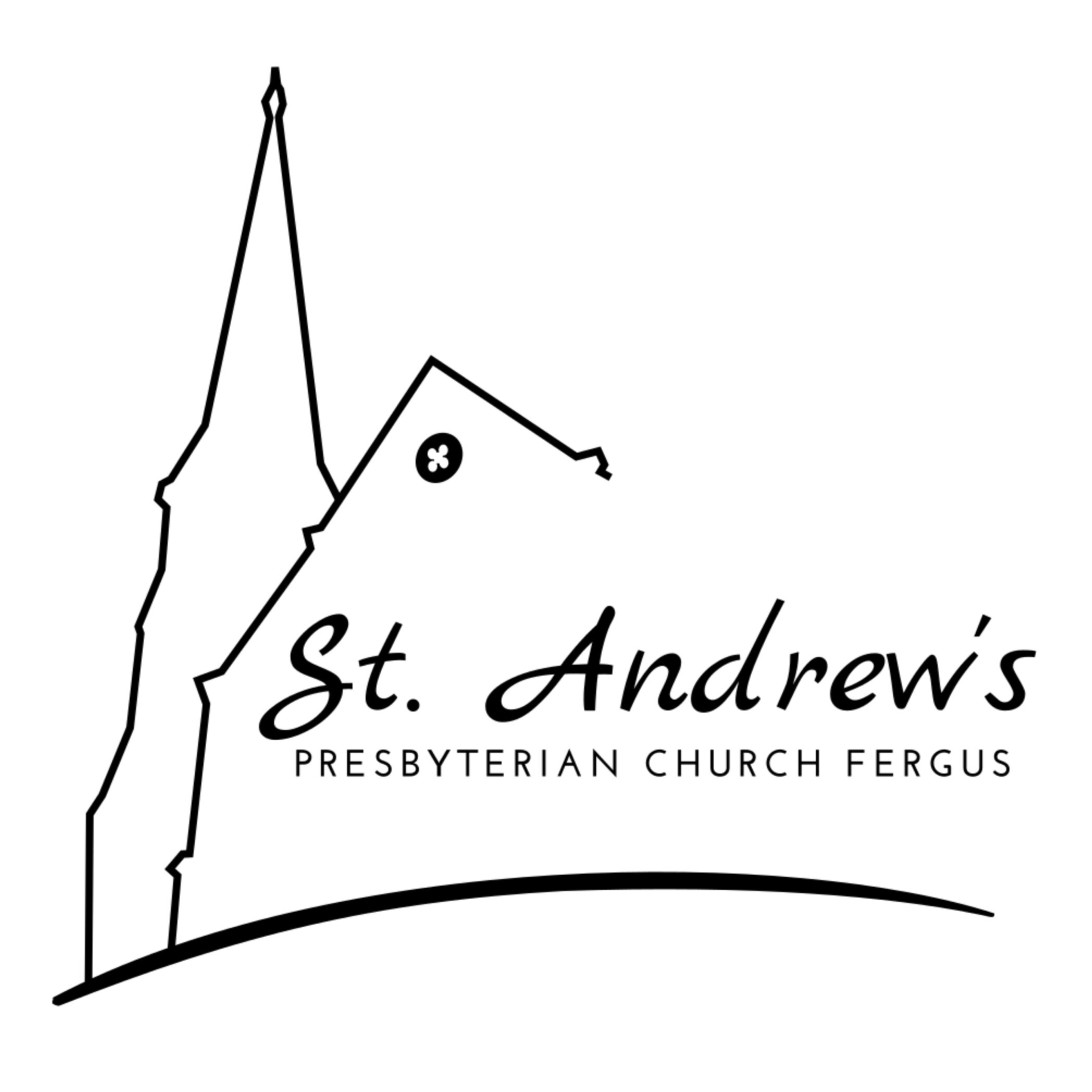Psalm 121
A Song of Ascents.
1 I lift up my eyes to the hills—from where will my help come?
2 My help comes from the Lord, who made heaven and earth.
3 He will not let your foot be moved; he who keeps you will not slumber.
4 He who keeps Israel will neither slumber nor sleep.
5 The Lord is your keeper; the Lord is your shade at your right hand.
6 The sun shall not strike you by day, nor the moon by night.
7 The Lord will keep you from all evil; he will keep your life.
8 The Lord will keep your going out and your coming in
from this time on and for evermore.
This is a famous psalm. The paraphrase “Unto the hills around” was written by John, Duke of Argyll, who was Governor-General of Canada from 1878-1883. The paraphrase was first published the year before he came to Canada. The paraphrase has become a signature song of those with Scottish or Presbyterian roots.
The psalm makes perfect sense in the mouths of pilgrims who are walking to Jerusalem. Out there in the open air, if trouble came where would help come form (vs. 1,2). Walking on paths up hills and along drop offs, the promise that their foot would not slip (vs. 3) was powerful. That be they travelling in the heat of the day or in the dark of night, they would be kept safe (vs. 6). God would keep them safe as they left on their journey (going out) and all the way until their return (coming in) (vs. 8).
Now while we may not be on physical pilgrimage (although walking the Camino or similar pilgrim routes is making a revival) this psalm speaks to seeing life as a journey. A journey in which there are threats of trouble (God is our help – vs. 1,2), times when it feels like our feet may slip (God will keep us secure – vs. 3), times when we are exhausted and need rest (God who does not sleep will keep us – vs. 3,4). From the time we are born going out into the world until the day when we come home to God – we know that God is with us, holding us safe until we are home with him.
PRAYER:
O Lord, we rejoice in your promise to be with us through all the journey of life. We thank you for your steadying presence and your help in times of trouble. Bring us safely in the end to your home. In Jesus’ name. Amen.

